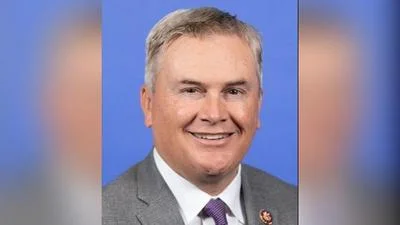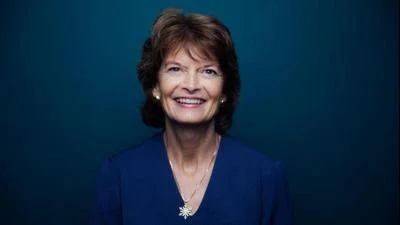Washington, D.C. - Rep. Ro Khanna, Chairman of the Subcommittee on the Environment, held a hearing to examine how Congress can bring jobs and justice to Forgotten America.
At the start of the hearing, Chairman Khanna outlined two bills that Congress should immediately pass:
1. The THRIVE Act, which would invest a trillion dollars a year and create more than 15 million good jobs to end the employment crisis; cut carbon emissions pollution in half by 2030; and address racial, economic, gender, and environmental injustice.
1. The WATER Act, which is co-led by Chairman Khanna, would invest $35 billion a year to meet the nation’s drinking water and clean water infrastructure needs.
Other policies supported in the hearing included:
1. The PRO Act, which Mr. Bloomingdale testified would “ensure that good, sustainable union jobs are available as we create new jobs that target infrastructure rehabilitation and development moving forward."
1. The American Jobs Plan, which was proposed by President Biden in late March 2021 to invest more than $2 trillion this decade, with specific commitments to ensure that 40% of the benefits of climate and clean infrastructure investments flow to disadvantaged communities. The President’s plan also commits to traditional infrastructure, such as bridges, roads, and clean drinking water, moving to 100% clean power by 2035.
The Subcommittee heard testimony from Mr. Rick Bloomingdale, Ms. Catherine Coleman Flowers, Mr. Brandon Dennison, Dr. Darrick Hamilton, Ms. Michelle Martinez, and Mr. Shay Hawkins.
Subcommittee Members and witnesses agreed that the United States and the rest of the international community must target jobs, infrastructure, and climate investments to deindustrialized, vulnerable, and rural communities.
* Mr. Bloomingdale testified that, “As we look towards building a pathway to a better future for our communities hardest hit through deindustrialization over past decades, we must create policy that truly centers the vocalized needs from our local workforces in these areas."
* Ms. Flowers testified that the American Jobs Plan provides “an opportunity to right some wrongs and make America a model of ingenuity where we have clean air, clean water, resilient infrastructure, and good paying jobs for everyone."
Subcommittee Members and witnesses discussed possible solutions to addressing the intertwined crises of job loss and climate change.
* Mr. Dennison testified that “innovative ideas grounded in local efforts are not only creating economic opportunities, but also building resilience for workers and communities affected by the transition away from a coal-based economy."
* Dr. Hamilton testified: “As Congress debates future policies, instead of asking the habitual question of how can we keep businesses afloat, policymakers should examine what is good for the worker. This should center on universal social benefits like child care, elder care, health care, and housing.
* Ms. Martinez testified that these solutions must be enacted carefully to make “direct community investments, not just vague and uncertain ‘benefits’ to areas in Michigan that are hardest hit by the long history of environmental contamination and disinvestment of the industrial sector."
Witnesses explained how vulnerable communities have been disproportionately left behind by the recession fueled by the coronavirus pandemic and the ongoing climate crisis.
* Dr. Hamilton testified: “The Black unemployment rate remains far higher than the white unemployment rate, and 41 percent of Black-owned businesses have succumbed to economic collapse. The virus has revealed our collective vulnerability and the important role of race in conditioning economic and life outcomes."
* Ms. Flowers testified that her community in Alabama experiences “health care disparities, low wage jobs, unemployment, unsafe mobile homes, high electric bills, straightpiping of raw sewage, [and] failing wastewater systems."
* Ms. Martinez testified that “Detroit - a city of 85% People of Color - uses less energy, pays a higher proportion of their income on energy, is overexposed to fossil pollution, experiences hospitalization and associated costs from that pollution at a higher rate, and experiences greater health care costs from high heat events than that of their suburban counterparts demonstrating that the redlining and white flight that happened over the second half of the 20th century is defining the early stages of climate inequity."









